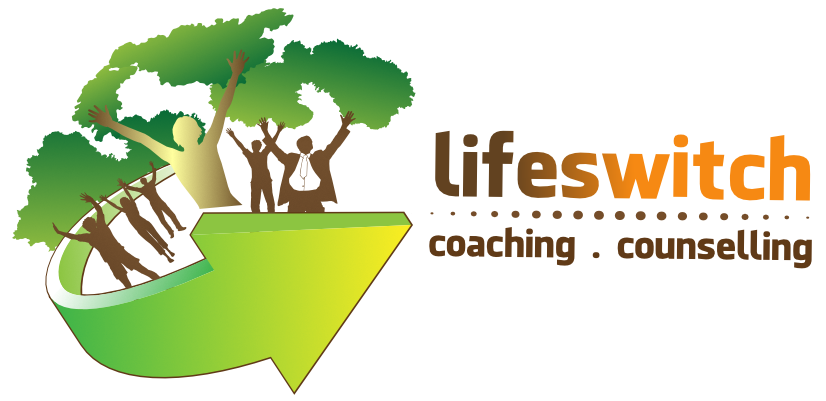
Helping Teens with Depression
Currently, due to Covid, the incidences of depression among teens are exceptionally high. This is because the teen years are the identity years – of

I cannot forgive.
At some time, everyone has said it.
Forgiving others is not always easy. Sometimes it feels impossible.
Why? Because what happened was wrong, and it will always be wrong. It’s justice we need, not forgiveness!
For most people, getting justice means staying mad, enraged, or hostile and staying away, disconnected and intolerant. Some people secretly (or not so secretly) wish harm for those that hurt them, wish for an opportunity to make them suffer, to punish the wrong-doer and make them pay. To them, this is justice.
The sad thing is, there is never enough punishment to satisfy and cancel out the depth of a person’s pain – and there never will be. Justice is only serves as a deterrent for others – for the victim, it is never satisfied.
I have seen this to be true in simple matters such as in marriage where one spouse hurts another – with horrible words, or unfaithful acts, or disgraceful expenditures. Can we ever make it up, prove we are sorry, or regain trust? I say no.
Consequences have their place, we need to be taken seriously, we need to make our presence/needs felt. We need to give ourselves dignity, value and in that way speak up and speak out and demand some kind of restitution. But how much, and for how long? And what is being accomplished, helped, served or satisfied?
The sad thing is the victim is stuck. As long as we sit in the seat of judgement we cannot move on.
And we need to move on, out of our pain, out of our anger, out of re-living it, remembering and re-experiencing painful things again.
That’s why we need to forgive.
Because anger and/or revenge keeps it alive, we are repetitively hurt, repetitively angry, bitter or sad. We are easily reminded, easily “triggered,” and weighted down by past pain.
And we are never reconciled.
That’s okay, you say, I want them as far from me as possible.
But what we don’t understand is that anger and bitterness are not selective. A shield of anger raised in one direction affects every direction. It comes between everyone, even those we love the most. Emotions are that way. They are triggered by random things and by loving people, unexpectedly. When we are on guard, we are on guard with others who are unrelated. We pay the debt forward – watchful of anyone, anything that smells or smacks of the past offence. We think people should understand – “You know what happened to me,’ we say, “How could you do that to me?”
Forgiveness is vital. We lay down the shield. We cancel the debt. We leave it behind. We let Justice serve herself. We let the Reaper reap what she has sown.
Some people say, I will forgive, but I will never forget.
There are two kinds of forgetting – the automatic remembrance, that comes unbidden, smells the same, looks the same and brings an automatic reaction. That I cannot control.
But then there is what we do next. If we have chosen to forgive and “let it go,” we respond to the memory with a quick, “We’re not going there.” We choose to slam the door on the ringing doorbell. We turn away from the memory, we disregard it, we distract ourselves, we shake our heads and shed it out of our conscious thought.
If we have chosen to forgive, we chose not to remind others of it, to not bring it forward into the next fight, the next event that may look or smell the same – instead we take each new event as a singular situation, and respond to it without the weightiness of the past. In this way we “forget.”
I cannot begin to tell the stories of people’s whose lives were transformed and healed of traumas, tragedies, wounds and hurts when they forgave.. Never assume that forgiveness is equal to the depth of an experience. By comparison, your story may feel more severe than another’s and you may justify holding on because the hurt was so severe. But bitterness is not measurable – it does not correlate to the situation at hand.
All offences, small or great need to be forgiven – for our sake. Because without letting it go we give the perpetrator the “right of affect.” We surrender our peace to their control, and we remain forever stuck in our own poor choice.
Forgiveness reconciles, it heals, it restores. It restores us to our former self of trust, peace and joy. And it reminds.
It reminds us of our own humanity, our own failures, brokenness and human limitations.
“I would never do something like that,” you may say. No, but you will do something – something disappointing, something neglectful, something hurtful. And you will feel the isolation, the anger and the hurt of another’s response.
Forgiveness opens the door for reconciliation. For reconnection. For hope.
Forgive.

Currently, due to Covid, the incidences of depression among teens are exceptionally high. This is because the teen years are the identity years – of

Since I began counselling full time almost 10 years ago I have had the honour of meeting and engaging with many men. Some weeks I

Enter your email and password and get editing.